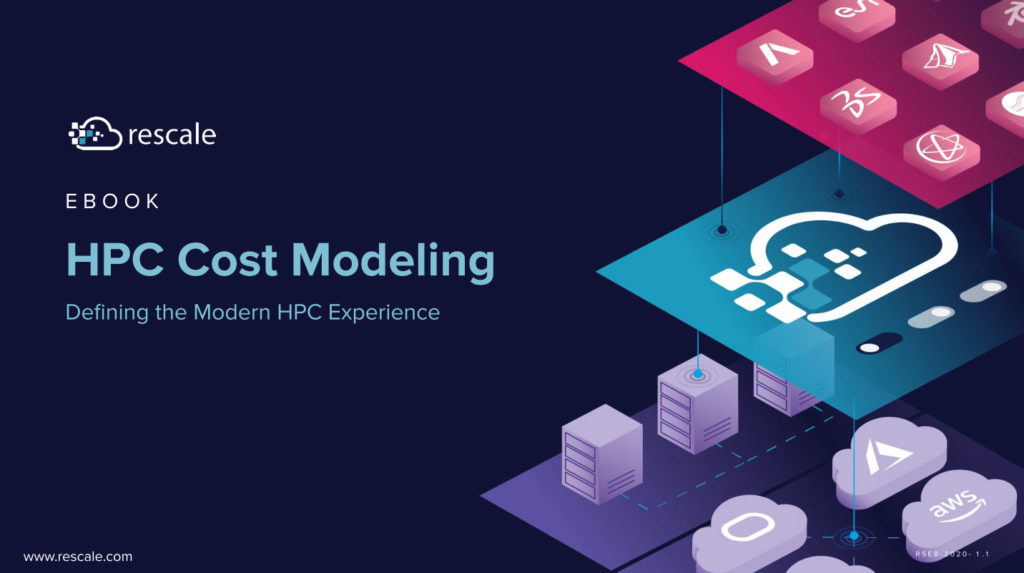We’ll discuss the revolution in computing, modeling, data handling and software development that’s needed to advance U.S. weather-prediction capabilities in the exascale computing era. Creating prediction models to cloud-resolving 1 KM-resolution scales will require an estimated 1,000-10,000 times more computing power, but existing models can’t exploit exascale systems with millions of processors. We’ll examine how weather-prediction models must be rewritten to incorporate new scientific algorithms, improved software design, and use new technologies such as deep learning to speed model execution, data processing, and information processing. We’ll also offer a critical and visionary assessment of key technologies and developments needed to advance U.S. operational weather prediction in the next decade.
Mark Govett leads the high performance computing section, a group that supports model development, parallelization, and porting to HPC at the National Oceanic and Atmospheric Administration (NOAA). The group also explores advanced computing technologies for NOAA. Mark’s team is NOAA’s leading technology organization focused on exascale computing, GPU computing, and performance portability. It’s working to advance modeling and computing capabilities for next-generation exascale computing, including developing performance-portable models and data assimilation prototypes, machine learning, and high-performance I/O. Mark has worked in HPC, code parallelization, and compiler development for over 25 years. He has parallelized both operational and research models for GPUs at NOAA.





